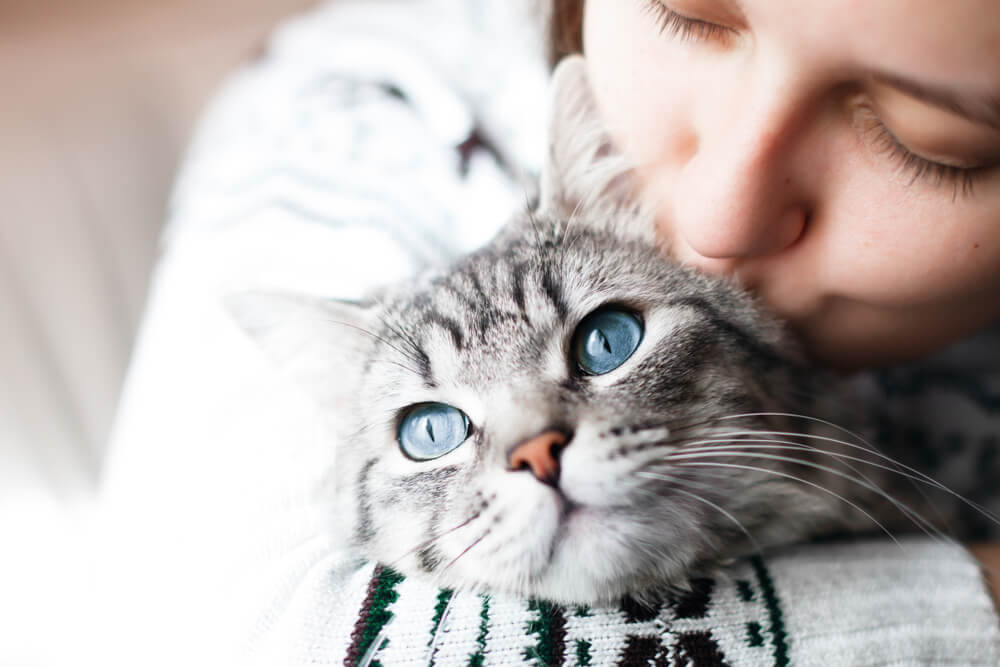
Cats have co-mingled with humans for thousands of years. During that time, cats have ingrained themselves in our lives as well-loved and well-cared for pets and family members.
As to how long cats live, that depends on many different factors, which we’ll go over in this article. The average lifespan for cats is 15 years, but this varies from cat to cat.
Let’s take a deep dive into cat lifespans…
Cat Life Expectancy
Cats’ lifespans have increased because of significant advances in veterinary medical care. With more emphasis on preventive care, many cat parents proactively maintain their cat’s health and well-being, helping cats live longer and healthier lives.
Factors That Affect Cat Life Expectancy
Here are the factors that affect how long a cat will live:
1. Living
Indoor cats live much longer than outdoor cats, with an average lifespan of 14 to 20 years.
Comparatively speaking, indoor cats live in the lap of luxury. They don’t have to hunt for their food, receive routine medical care, and are fully protected from outdoor dangers, including wild animals, toxic plants, and cars.
With all of these luxuries, though, indoor cats can get lazy. Lazing around all day without much exercise can lead to obesity, which can cause chronic health problems like diabetes.
2. Outdoor Living
Outdoor cats lead difficult lives. They have to find their food, which may be scarce. They are exposed to harsh environmental conditions, have to fend off wild animals, and are at risk of eating toxic plants or getting hit by cars.
Outdoor cats also have to fight other cats to defend their territory and protect resources, exposing them to infectious diseases like feline immunodeficiency virus. Outdoor cats usually have short lives, with an average lifespan of 5 years.
3. Medical Care
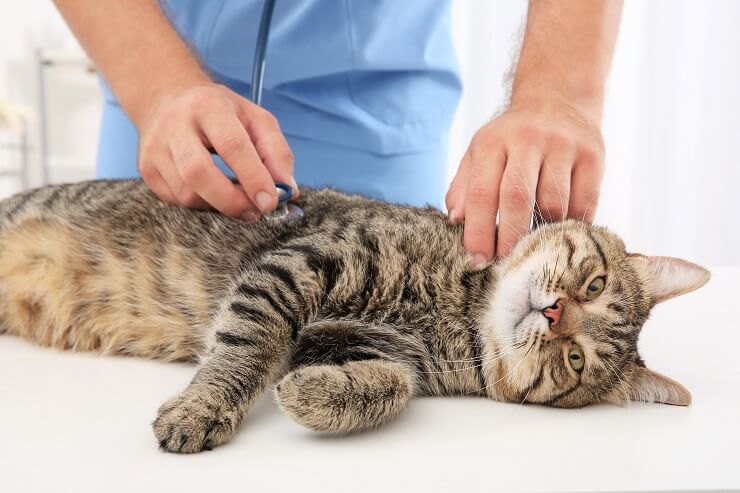
Routine medical care won’t necessarily prevent illness or increase your cat’s lifespan, but it may help to keep your cat healthier over the course of their life.
Routine medical care includes vaccinations, parasite prevention, and physical exams. Of course, receiving this care won’t completely prevent your cat from getting sick.
But it does mean that you and your veterinarian will be able to proactively manage your cat’s health and provide your cat with the best care possible throughout its life.
4. Diet
Cats are obligate carnivores, meaning that they require lots of animal-based protein in their diet. Other than animal-based protein, cats need various vitamins, minerals, and essential amino acids like taurine. The right nutrient balance keeps a cat healthy and can promote a long lifespan.
With so many available diet choices and formulations (dry, wet, freeze-dried), it can be challenging to know which diet to choose for your cat. Your veterinarian can help guide you through the cat food maze and recommend a diet that will be best for your cat and their individual health needs.
5. Neuter Status
Cats that are spayed or neutered tend to have longer lives than those of intact cats. Spaying and neutering decrease the risk of developing reproductive diseases later in life that could shorten lifespan.
6. Health Status
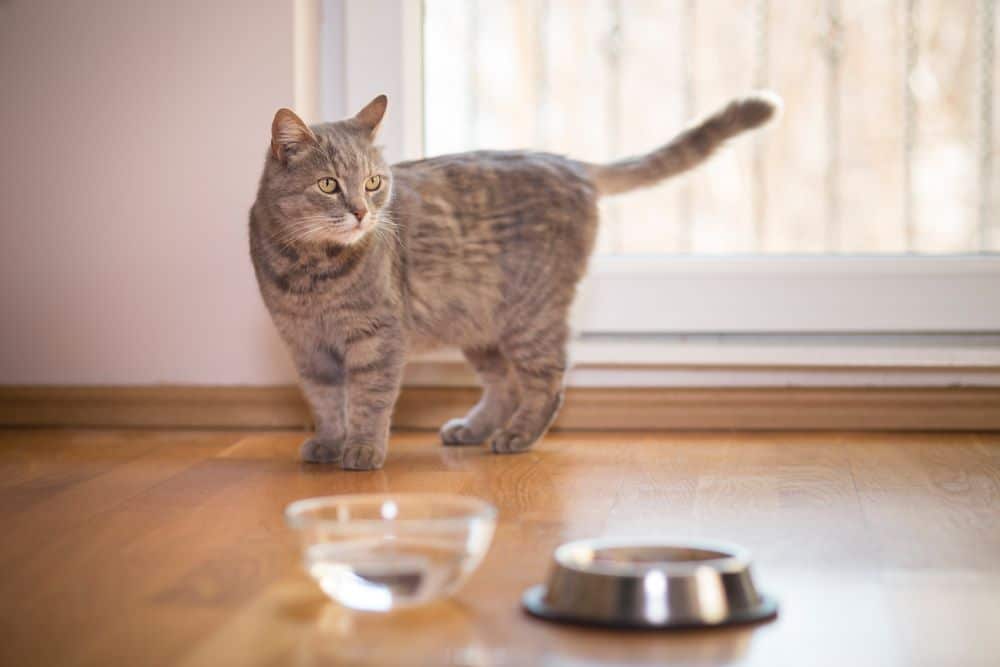
Naturally, your cat’s health status plays a role in their life expectancy.
Good health often equates to a long life. However, some health conditions can shorten a cat’s lifespan. For example, kidney disease, which affects older cats, shortens lifespan because the kidneys eventually reach the point of not working at all.
Unfortunately, cats don’t make it easy to notice when they’re sick. They will do their best to disguise their pain and discomfort. By the time you notice that something’s not right, your cat’s illness could be quite advanced, making treatment more difficult and expensive.
7. Breed
Some breeds live very long lives. For example, American Shorthair cats can live as long as 15 to 20 years, while Burmese cats have an average lifespan of 16 to 18 years.
Compared with purebred cats, mixed breed cats tend to be hardier and less susceptible to hereditary diseases, helping to extend their lifespan.
8. Genetics
A cat’s genetic makeup can affect lifespan. For example, genetics can increase a cat’s risk of developing cancer or other chronic health conditions that could shorten its lifespan.
What Can You Do?
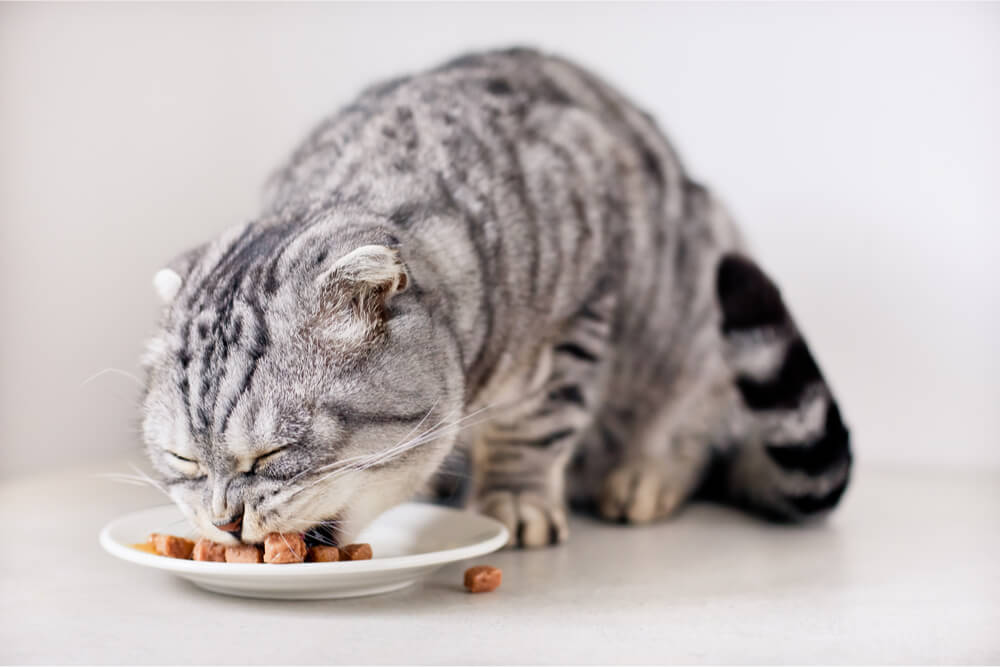
While you can’t change your cat’s genetics, there are things you can do to keep your cat healthy and potentially increase their lifespan.
You can’t control your cat’s genetics, but there are things you can do to help your cat enjoy a long lifespan:
- Feed your cat a healthy diet.
- Schedule daily playtime with your cat to help them be physically active.
- Keep your cat’s brain busy with environmental enrichment, such as food puzzle toys, windowsill perches, and cat condos with hiding spaces.
- Keep your cat fully vaccinated and give your cat monthly flea & tick prevention.
- Take your cat for routine medical care, according to your veterinarian’s recommendations.
- Get your cat spayed or neutered early in life.
- Keep your cat inside.
When well-cared for, cats can live long and healthy lives. Be proactive about your cat’s health and work with your veterinarian to ensure that your cat’s long life is full of good health, happiness, and love.
Frequently Asked Questions
What is the average life expectancy of an indoor cat?
The average life expectancy of an indoor cat is about 15 years. They are protected from the dangers that outdoor cats face (e.g., wild animals, toxic plants), making it easier to live a long life.
What is a good age for a cat?
As long as a cat is in good health, any age is a good age for a cat.
How many years do cats stay alive?
This depends on many factors, including diet, lifestyle (indoor vs. outdoor), genetics, and overall health status.
Can a cat live 30 years?
A cat could live for 30 years, but it's rare. The oldest cat, according to the Guinness Book of World Records lived for 38 years. That cat's name was Creme Puff.




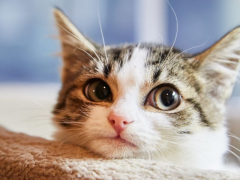

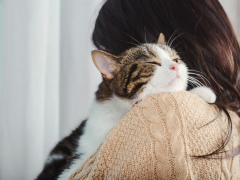
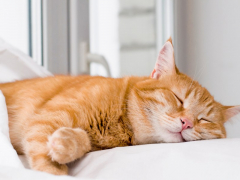
Maravilloso tu opinión. Destacado esta idea. Estupendo este consejo.
https://misgatosyyo.com/us/do-cats-love-being-carried/